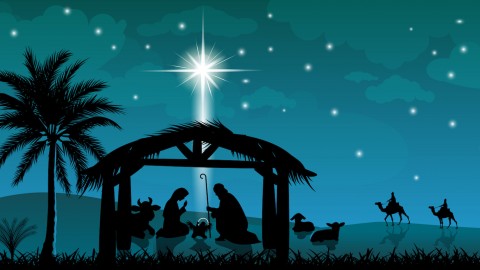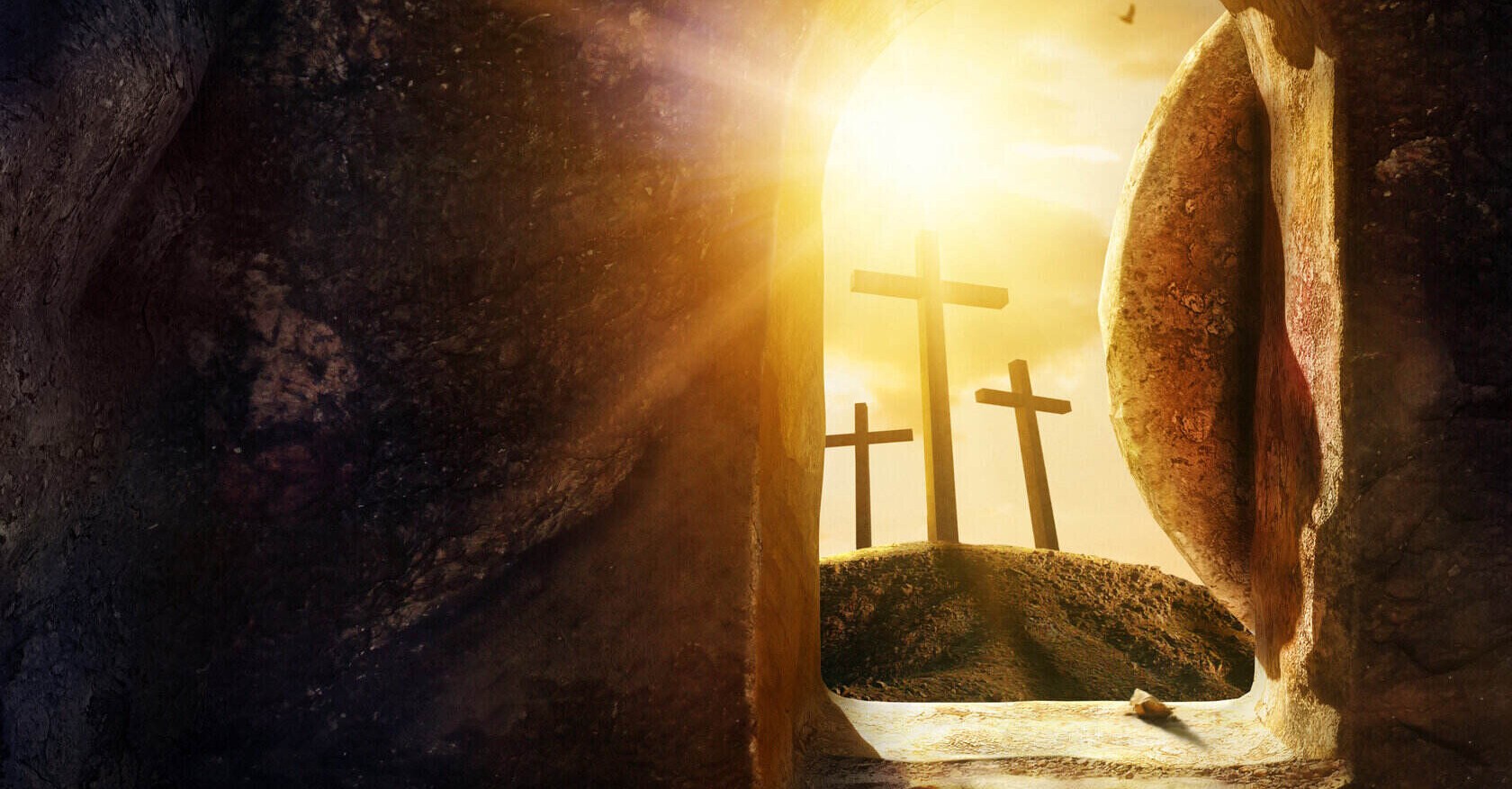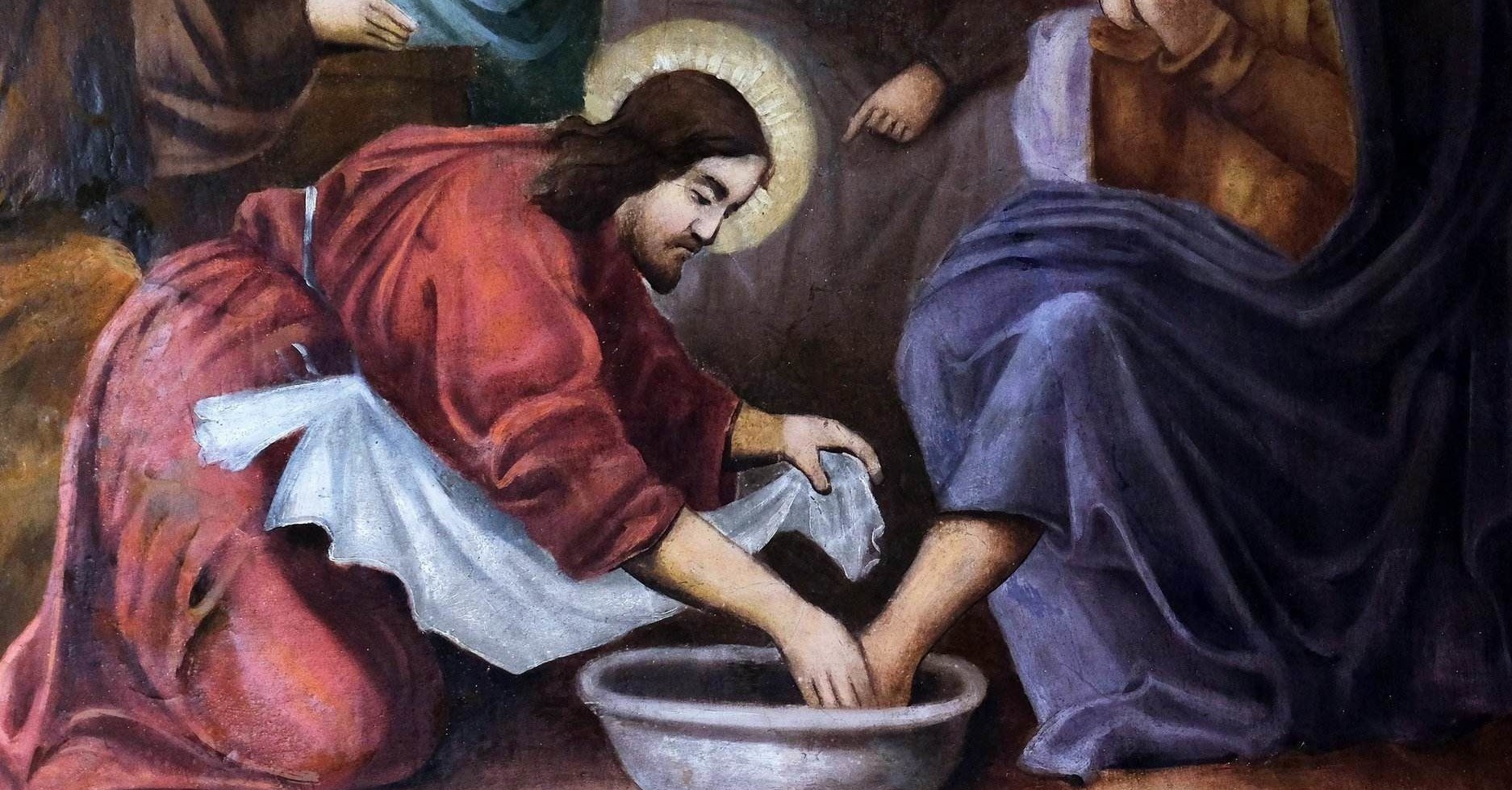Proper 9, 3 July 2022
The first thing Jesus said when He began His earthly ministry was that the Kingdom of God is at hand. He came to establish God’s Kingdom on earth, where He is King. Prophets declared that the Kingdom of God was coming, but Jesus’ words are unique: He said the Kingdom is here, because He is the King. The Kingdom of God is where Jesus reigns; if He reigns in our hearts, that’s where His Kingdom is.
This proclamation was accompanied and validated by proofs through our Lord’s ministry; Saint Paul said that God’s Kingdom is not composed of words only but with accompanying power.
God chooses ordinary people
In selecting His disciples, Jesus chose ordinary, uneducated persons as ministers of His design to underscore the work of grace. This does not mean that if you are educated God cannot use you; but it is not so much the ability as our availability that is important. God uses many different people, including those whom you would not choose for the job. If you are asked to do something you don’t know how to do, you’re the best candidate for God’s grace to flow through you. One of the privileges of a bishop is to ordain people, and when I interview someone who is confident that he is prepared and can do the job, I’m less inclined to ordain him; but if someone says he doesn’t like the job or that he feels he is not qualified, I ask God what He is saying. It is not that God doesn’t like us to have abilities, but if I have too many abilities, I may depend upon them instead of depending upon God. Jesus chose fishermen who would one day become fishers of men. From the world’s perspective, it’s unbelievable that uneducated men would one day instruct nations:
“God has chosen the foolish things of the world to shame the wise; God has chosen the weak things of the world to put to shame the things that are mighty.”[i]
God may choose anyone He wishes.
Encountering Christ brings transformation
For the Twelve and others who encountered Jesus in His earthly ministry, it proved to be life-transforming. Encountering Christ is something extraordinary. You could not have encountered Christ sincerely without being transformed. Otherwise, the person may have had something against God; there were places where Jesus Christ was rejected. Those who accepted Him experienced a life transformation. It was not a mere fad, an illusionary encounter, or a bogus transformation. It resulted in them abandoning their trade and their world, having found what they were searching for in the person of Christ.
One thing that was required was repentance: a change of mind, taking a different course, and a shift of priority. Saint Jerome said,
“The joy of faith makes up for whatever bitterness may accompany repentance”.
We may struggle in repenting and letting go of our desires and agenda in life, but the joy of faith makes up for this.
We see in today’s Gospel how Jesus appointed the Seventy to go out as missionaries. Although not as prominent as the Twelve, they included Barnabas, Sosthenes, and Matthias. Not only the Twelve encountered Christ, but also the Seventy, Mary Magdalene, Saul of Tarsus, and others. Saul’s encounter with Jesus speaks so much of our own encounter; millions, even until this day, have encountered Him personally. People experience profound transformation accompanied by a sense of awe, an oasis of hope and joy, and the revivification of faith. We can say this is a move of God, because God is alive and well in the Church; and we must expect no less.
The charismatic movement
There’s a story of people who lay sick by a gate in Jerusalem; from time to time, God sent a messenger to touch the stagnant pool of water, and those who got into the water first were healed. There are times and occasions when God touches the “stagnant water” of our lives.
I was a product of the 1970s charismatic movement in the Philippines. Raised as a Roman Catholic, I served God as an acolyte at the age of six. I was intended to become a Roman Catholic priest; but I wanted to be married, and my family couldn’t afford the cost of seminary. Participating in the charismatic movement, I became born again, and was baptized in the Holy Spirit and spoke in tongues. I experienced a life transformation which I don’t know how to describe.
Fr. Terry sold cocaine and was addicted to drugs, but when he was baptized in the Holy Spirit his life was transformed. He was separated from his wife, and his life was in shambles, at the deep end, but God changed his life because he gave his life to Jesus Christ.
C.S. Lewis said that if you think you had an encounter with Christ but nothing happened in your life, that encounter was illusionary or imaginary. I smoked weed in college and did some stupid things, but when I became born again my life changed. I decided not to pursue a career but to serve the Lord, and went to Bible school, because I realized how much God loves me. Anyone who has a real encounter with Jesus has a life transformation. If there is no transformation, there was no encounter.
In the 1970s, Fr. Dennis Bennett, Rector of an Episcopal church in the USA, attended a meeting with some Assemblies of God members, and received the Baptism of the Holy Spirit. Subsequently he resigned from his post and grew a large church that became the centre of the charismatic renewal in the Anglican Communion. In the Philippines, seven million people left the Roman Catholic Church to join the charismatic movement; then the Roman Catholic Church reluctantly accepted El Shaddai.
The greatest day of the week
The most important Christian activity of the week is the Sunday Mass. The Lord’s Day is a “mini Resurrection Sunday”, when the Church gathers together as the called-out ones from the four corners of the globe. We should anticipate going to church, and regard Sunday as the most exciting day of the week, because although we don’t see Jesus with our eyes, yet we hold and receive Him in the Eucharist. We need to get used to this, because we will be with Him forever. While livestreaming every day during the pandemic I experienced a spiritual “high”, and there came a time when I felt I was ready to go, because I wanted to see Jesus whom I do not now see, whom I have learned to love on earth because He gave up everything. I began to understand Paul’s saying he was caught between remaining with the Church and going.
Sunday is not your day – it’s the Lord’s Day. It’s not Skype day, Facebook day, barbecue day, picnic day, or Zoom day with your friends and relatives. We celebrate His resurrection and the new creation; and when we gather, He is in our midst. We should go to church with excitement in our hearts; and when we do so, people will be queuing outside to come in. Our priorities have shifted: God is at the fringes or the periphery; but He must be at the centre of our lives. As we anticipate being in God’s presence, God anticipates being in our presence more.
Share what God has done
God gathers the Church around the table in the Eucharist, but then He scatters us. When the priest says, “Go in peace”, our worship may be over, but our mission begins. The Seventy carried out their mission with zeal and enthusiasm, and returned amazed that they even had authority over demons. The Messiah’s authority was extended to those whom He sent. There are specific occasions when you need to go to a priest for prayer, but we also believe in the priesthood of believers: whoever believes will lay hands on the sick and they will recover.[ii] We should be excited to come together and share what God has done in and through our lives, and how spiritual powers of darkness are defeated.
You may feel you don’t know how to share your faith, and you may prefer to speak at the back and to sing only in the bathroom. However, you have a Gospel to share with every person – as Paul says “my Gospel”. You don’t have to preach; you simply have to share what God has done in your life. Whether in the subway or at the bus stop, you can share with others what God has done in your life, because He wants to transform not only your life but also the lives of others. You can also share it with your employers. If it had not been for my mother and her best friend who shared the Gospel with her, I would not be where I am now.
In repentance you surrender everything to the Lord. If Jesus is your Lord, you don’t own anything – you give everything to God. If you haven’t done so, simply say, “Lord, I give my life to You: whatever I have, whatever I’m going to be. Where You send me, I will go; when You say serve, I will serve”; without any questions asked – “What about my family?” – because we know God will take care of us. When God says “speak”, speak, and share the Gospel.
In 1984 I started the church in Madrid by spending several hours a day in McDonalds; I went from table to table, meeting other Filipinos, and led them to the Lord. In Paris I went back and forth on the subway, and when I saw Filipinos, I shared the love of Jesus with them. I wasn’t ashamed – I was excited to share what God had done. What I was experiencing in my life and in my relationship with God, I wanted others also to experience, because it would have been selfish to keep it for myself. The Gospel is that the Kingdom of God is not somewhere out there but among us; His Kingdom breaks into our lives, and others’, through the power of the Gospel and Christ’s work through the Church. It breaks the barriers of sin and condemnation, and penetrates into people’s lives to bring transformation. What they’re looking for they find in the person of Jesus.
Christians must once again grasp that the Church is intrinsically missionary. It’s good to gather together, but at the end of the Mass our mission begins: to bring the Kingdom of God to those who are looking for it, the least, the lost, and the lonely. That’s the difference between an evangelical, charismatic, sacramental Christian, and a “cultural Christian”. A “cultural Christian” is satisfied simply by going to church on Sunday; from Monday to Saturday, I can do whatever I want because I have done my responsibility to God. Not so for us! God wants to touch other people’s lives; may we be available to be a part of what He is doing.
Expect to encounter the least, the lost, and the lonely this week, and people who are looking for Christ: God may send them into your pathway so you can share His love and goodness with them. Don’t be surprised if you meet people who are in need: God sent them to you because He wants to touch their lives as He touched yours. That’s how it is to be Christians. God gathers us and scatters us in the world, so that the world might know that He is love.
Study questions:
- Is Jesus reigning in your heart? How do you know? Have you truly given your life to Him? If not, what do you intend to do about it?
- Do you believe God can use you for His purposes and to make a difference in other people’s lives (for example by praying for their healing, or sharing your testimony with them)?
- Have you had a life-transforming encounter with Jesus? How has He changed your life? If not, would you like to?
- What is the most important and exciting day and activity of the week to you? If any day is more important and exciting than Sunday, and if any activity is more important and exciting than the Mass, what is it, and why?
- Do you have a Gospel to share with others? What is it?
- Are you excited about sharing God’s love with others, or are you ashamed to do so? Is there anything that hinders you from sharing your testimony, and if so, what would help you to overcome it?
- Are you a “cultural Christian” or an evangelical, charismatic, and sacramental Christian, as described in this message?
[i] I Corinthians 1:27
[ii] Mark 16:17-18









